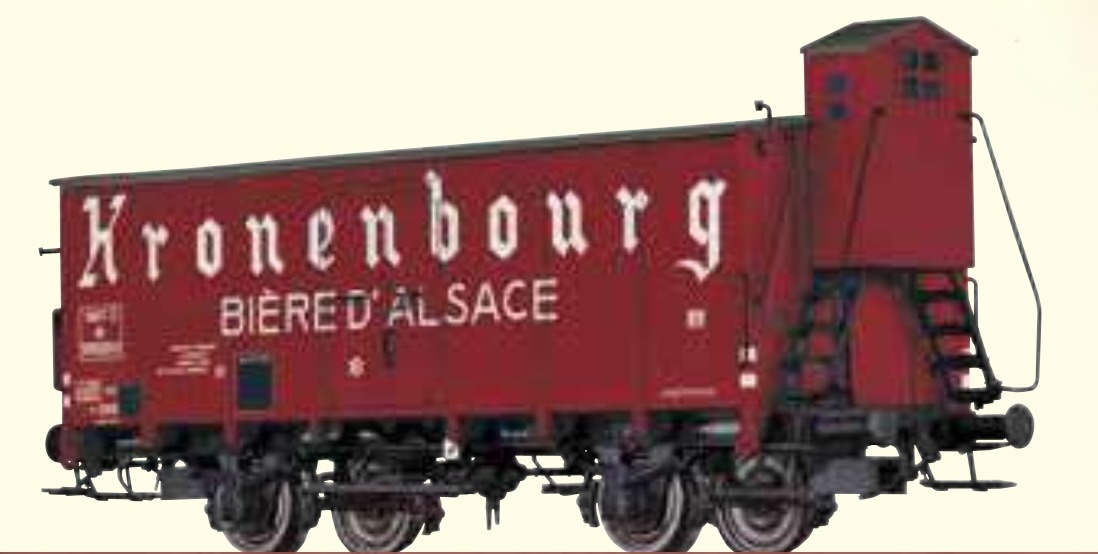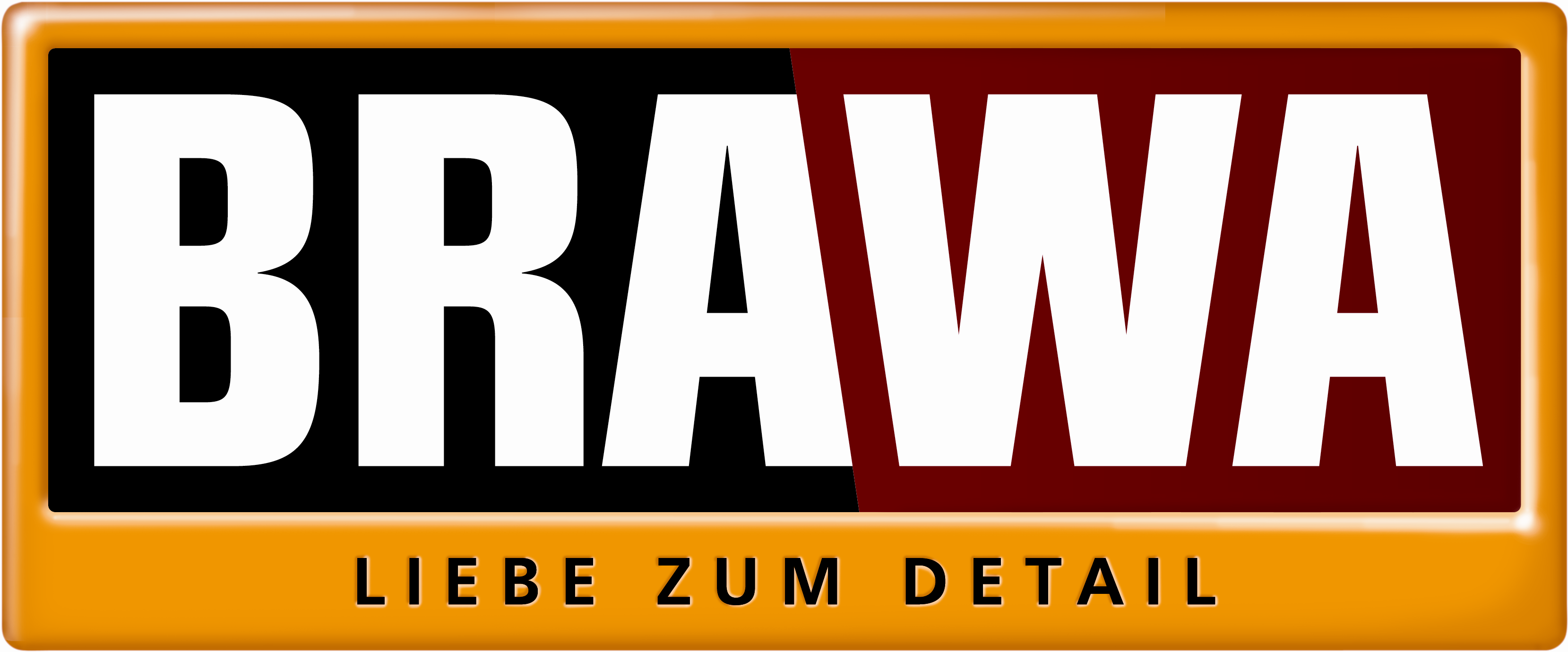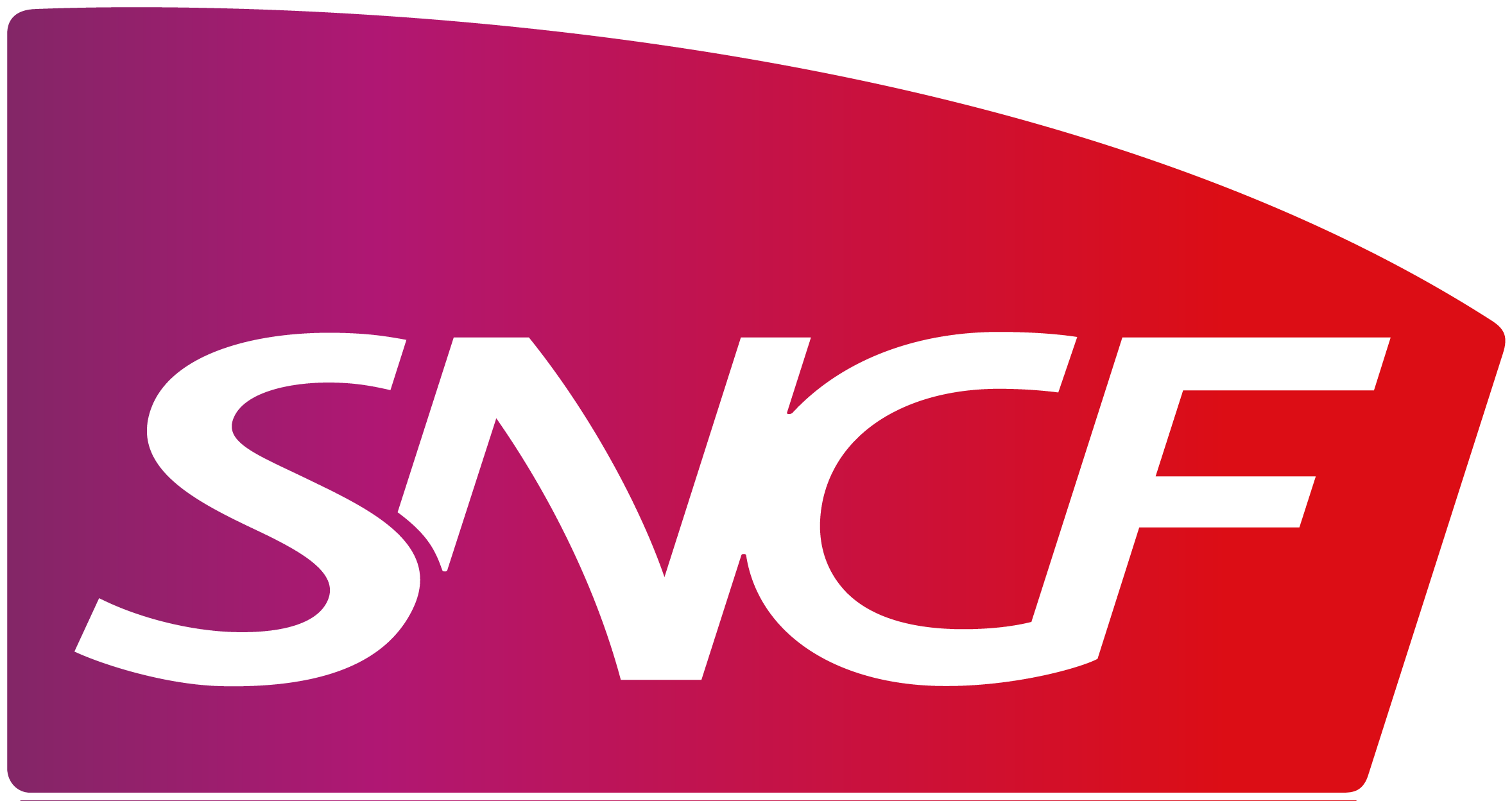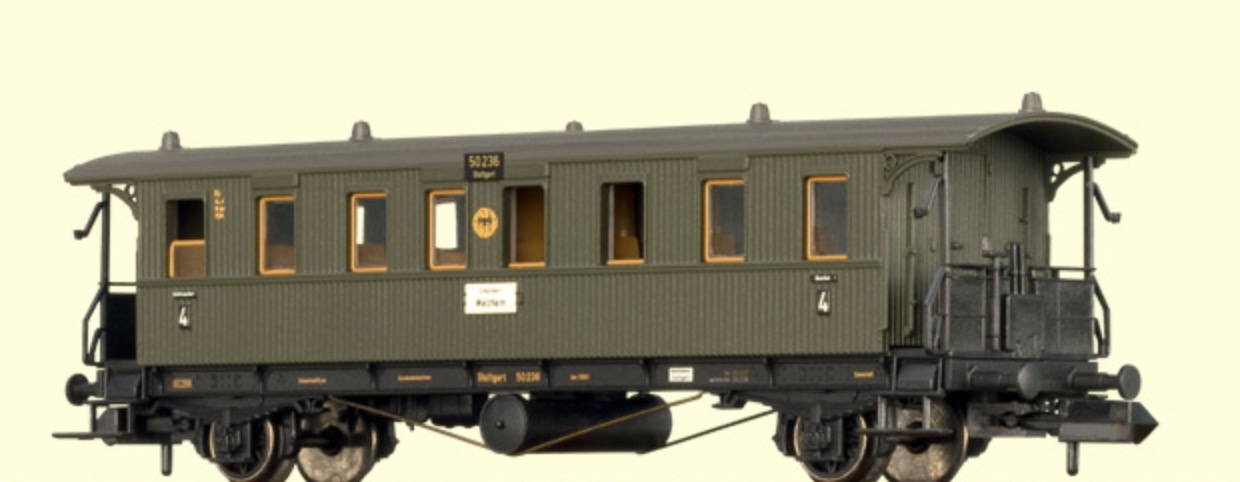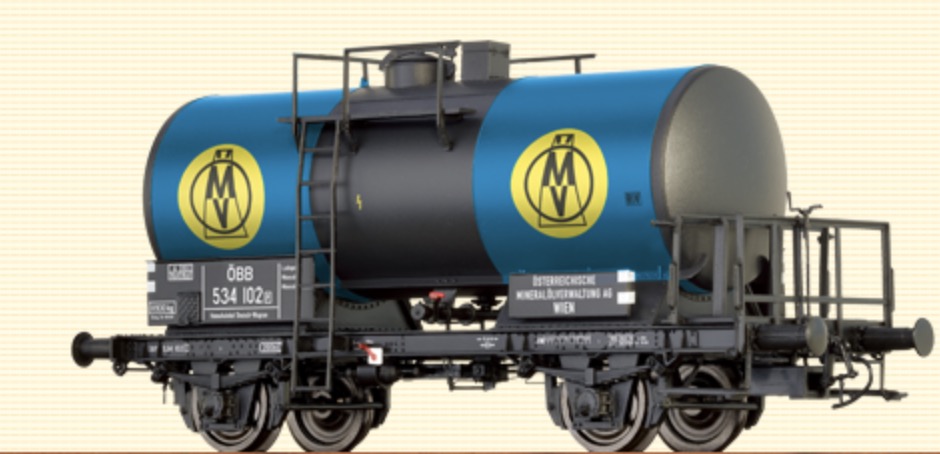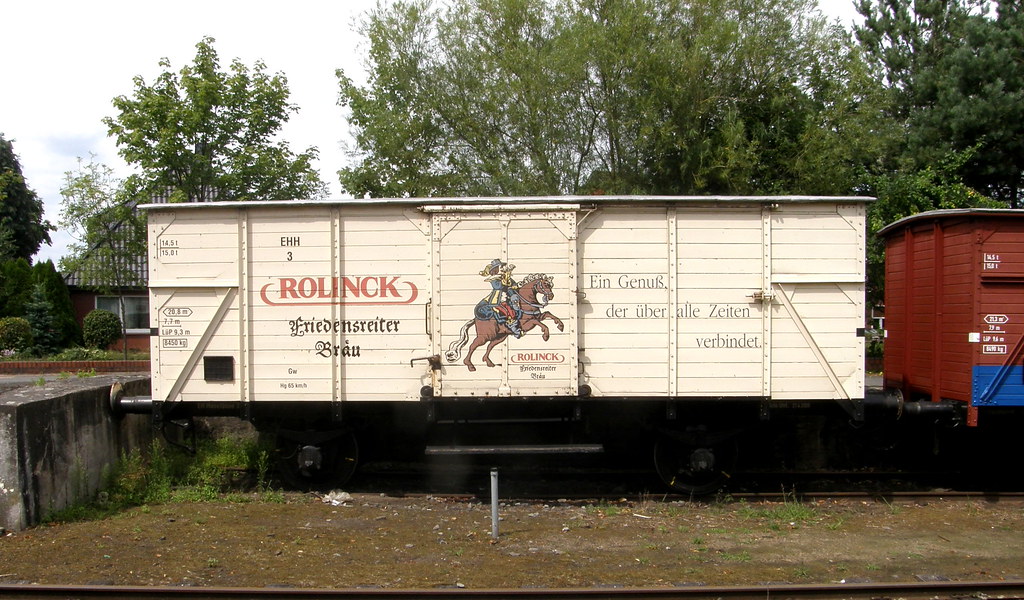Prototype History: The proliferation of the rail system in Europe in the later part of the 19th century provided ample opportunity for various breweries to expand the reach of their product. They jumped at the chance to move their product over long distances with ease. They also were aggressive with the advertising on the sides of these railcars. These cars were typically small (less than 40 feet) and ran on two axles.
Some cars were only for use in (slow) loose-coupled ordinary goods trains. Other types common in Ep I-III had footboards and hand grips along the length of the wagon (Laufbrettern und Handgriffen), to enable them to be used in (faster) Personenzug, where the guard needed to access the whole train.
Some cars were only for use in (slow) loose-coupled ordinary goods trains. Other types common in Ep I-III had footboards and hand grips along the length of the wagon (Laufbrettern und Handgriffen), to enable them to be used in (faster) Personenzug, where the guard needed to access the whole train.
Road Name History: SNCF (Société Nationale des Chemins de fer Français; "National society of French railways" or "French National Railway Company") is France's national state-owned railway company and manages the rail traffic in France and the Principality of Monaco. SNCF operates the country's national rail services, including the TGV, France's high-speed rail network. Its functions include operation of railway services for passengers and freight, and maintenance and signalling of rail infrastructure.
SNCF employs more than 180,000 people in 120 countries around the globe. The railway network consists of about 32,000 km (20,000 mi) of route, of which 1,800 km (1,100 mi) are high-speed lines and 14,500 km (9,000 mi) electrified. About 14,000 trains are operated daily. The company has its headquarters in Saint Denis (93200), near Paris, 2 place aux Etoiles.
In 2010 SNCF was ranked 22nd in France and 214th globally on the Fortune Global 500 list.
It is the main business of the SNCF group, which in 2014 employed 245,763 people and had 27.2 billion € of sales in 120 countries.
From Wikipedia
SNCF employs more than 180,000 people in 120 countries around the globe. The railway network consists of about 32,000 km (20,000 mi) of route, of which 1,800 km (1,100 mi) are high-speed lines and 14,500 km (9,000 mi) electrified. About 14,000 trains are operated daily. The company has its headquarters in Saint Denis (93200), near Paris, 2 place aux Etoiles.
In 2010 SNCF was ranked 22nd in France and 214th globally on the Fortune Global 500 list.
It is the main business of the SNCF group, which in 2014 employed 245,763 people and had 27.2 billion € of sales in 120 countries.
From Wikipedia
Brand/Importer Information: Brawa Artur Braun Modellspielwarenfabrik GmbH & Co. was founded in 1948 by Artur Braun in Waiblingen, Germany, to distribute model trains from other toy makers; eventually they began to manufacture their own lighting accessories such as streetlights and signals. In 1963 they acquired the complete line of motorized trolleybus and ski lift models from Eheim. They also began to expand their own line to include scenery items, and by 1993 they'd added locomotives and rolling stock to their product range. This medium-sized business is today jointly managed by the second and third generations of the Braun family: Günter Braun, son of the founder, and his daughter Katrin Braun are the company's managing partners.
Brawa range covers HO, O and N scales. The N scale range is focused on European rolling-stock, German locomotives and accessories like signals, streetlights, clocks and telephone booths.
Here is how the company describes itself:
At BRAWA, continuity and sustainable thinking and action - as the particular strengths of a family business - have a double impact. Changes are carefully considered and strategic decisions taken on the basis of a long-term vision, thus enabling the company to respond quickly and deliberately to the demands of the market. In addition, cross-generation collaboration ensures a vibrant coexistence of tradition and innovation.
In short, our future course is set and all signals are pointing towards continuity and growth. Our presence at our site in Remshalden shows our commitment to this area and highlights the sustainable nature of our company's location in the region. Sustainability is, as it were, an intrinsic value of our family business.
Brawa range covers HO, O and N scales. The N scale range is focused on European rolling-stock, German locomotives and accessories like signals, streetlights, clocks and telephone booths.
Here is how the company describes itself:
At BRAWA, continuity and sustainable thinking and action - as the particular strengths of a family business - have a double impact. Changes are carefully considered and strategic decisions taken on the basis of a long-term vision, thus enabling the company to respond quickly and deliberately to the demands of the market. In addition, cross-generation collaboration ensures a vibrant coexistence of tradition and innovation.
In short, our future course is set and all signals are pointing towards continuity and growth. Our presence at our site in Remshalden shows our commitment to this area and highlights the sustainable nature of our company's location in the region. Sustainability is, as it were, an intrinsic value of our family business.
Item created by: CNW400 on 2023-08-03 16:44:23. Last edited by CNW400 on 2023-08-03 16:44:24
If you see errors or missing data in this entry, please feel free to log in and edit it. Anyone with a Gmail account can log in instantly.
If you see errors or missing data in this entry, please feel free to log in and edit it. Anyone with a Gmail account can log in instantly.


